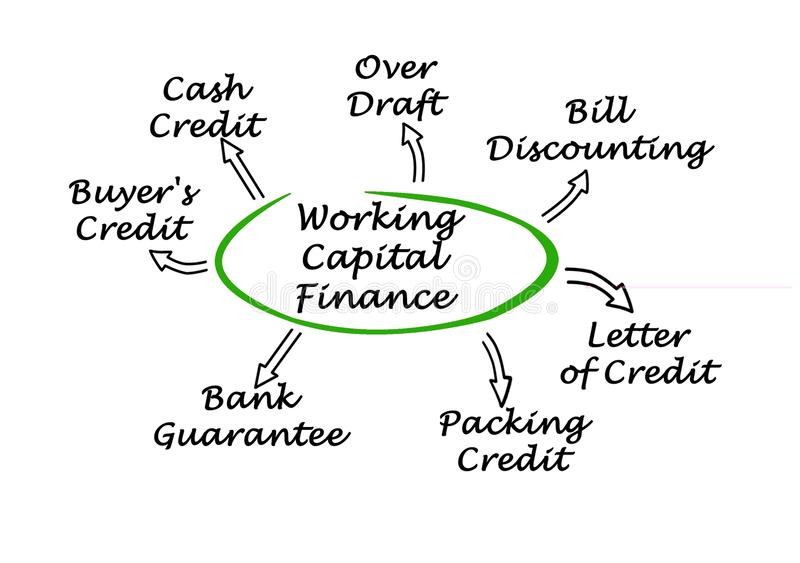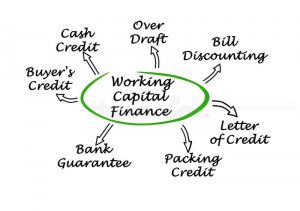
A working capital loan can be a lifesaver for businesses facing temporary cash flow challenges. Whether you’re managing seasonal fluctuations, covering unexpected expenses, or investing in growth opportunities, a working capital loan can provide the necessary funds to keep your operations running smoothly. However, before applying for this type of loan, there are several key factors you need to consider to ensure you make the right choice for your business’s financial health.
1. Understand Your Financial Needs
Before seeking a working capital loan, it’s crucial to assess your business’s specific financial needs. Understand how much money you need and how you plan to use it. Working capital loans are generally meant for short-term expenses such as paying suppliers, managing payroll, or covering operational costs. By identifying the exact amount of funds you need, you can avoid borrowing more than necessary and keep your debt manageable.
Moreover, having a clear understanding of your business’s financial goals helps ensure you don’t overestimate or underestimate your loan requirements, which could lead to unnecessary financial strain.
2. Eligibility Criteria
Lenders have specific eligibility criteria for issuing working capital loans. These criteria are typically based on the financial health of your business and its ability to repay the loan. Common factors that lenders assess include:
-
Credit Score: A higher credit score indicates a stronger financial history, which can increase your chances of approval. Lenders are more likely to offer favorable terms to businesses with good credit scores.
-
Revenue: Lenders typically require proof of consistent revenue to ensure that your business can repay the loan. A steady stream of income indicates your business is financially stable enough to handle the loan repayment.
-
Time in Business: Lenders may also look at how long your business has been operating. Businesses that have been established for several years tend to be viewed as more reliable, though newer businesses may still qualify depending on other factors.
-
Debt-to-Income Ratio: Lenders assess your current debt obligations in relation to your income to evaluate whether you can take on additional debt without straining your financial situation.
Before applying, it’s a good idea to review these criteria and ensure your business meets the minimum requirements.
3. Loan Amount and Repayment Terms
When applying for a working capital loan, one of the first things to consider is the loan amount and the repayment terms. Make sure to borrow only what is necessary to cover your short-term financial needs. Borrowing more than you need can lead to higher interest payments and longer repayment periods, putting unnecessary pressure on your business’s finances.
Additionally, the repayment terms should align with your cash flow cycle. Since working capital loans are typically short-term, ensure that the repayment period is manageable and that your business can generate enough revenue to meet the loan payments. Be aware of the interest rate and any associated fees, as they can significantly impact the total cost of the loan.
4. Interest Rates and Fees
Interest rates and fees are important considerations when applying for any type of loan, including working capital loans. The interest rate determines the cost of borrowing and can vary depending on the lender, loan type, and the risk involved. Generally, working capital loans have higher interest rates than long-term loans because they are short-term and unsecured.
It’s essential to compare interest rates from different lenders to find the best deal for your business. Additionally, look out for hidden fees such as processing fees, prepayment penalties, or late payment charges that may increase the total cost of the loan. Understanding these charges upfront will help you make an informed decision.
5. Loan Disbursement and Processing Time
The speed at which you can access the loan funds is crucial, especially if you need immediate financial assistance. Working capital loans are often sought during emergencies or tight cash flow situations, so the faster you receive the funds, the better.
Check the loan processing time for each lender. Some lenders provide quick approvals and disbursements within a few days, while others may take longer. If time is of the essence, opt for a lender that can process your application swiftly and provide the funds as soon as possible.
6. Repayment Flexibility
Repayment flexibility is another key factor to consider. Your business’s cash flow may vary, especially if you’re in a seasonal industry. Therefore, it’s essential to ensure that the loan repayment schedule is flexible and aligns with your business’s income cycles. Some lenders offer flexible repayment terms, allowing you to adjust the schedule if needed, while others may have more rigid terms.
Choosing a loan with flexible repayment options can help you avoid missing payments and falling into debt. Look for a lender that offers a repayment structure suited to your business’s unique needs.
7. Lender’s Reputation and Customer Support
Before committing to a loan, research the reputation of the lender. Look for reviews and testimonials from other business owners who have used their services. A reputable lender will have transparent policies, a history of timely disbursements, and a track record of customer satisfaction.
Additionally, consider the quality of customer support offered by the lender. Access to reliable customer service can be valuable if you encounter any issues during the loan process or need assistance with repayment. Good customer support can make the entire loan experience smoother and more manageable.
8. Collateral and Loan Security
While many working capital loans are unsecured, some lenders may require collateral to secure the loan. If your business doesn’t have sufficient credit or if the lender perceives a higher risk, you may be asked to pledge assets such as inventory, equipment, or receivables.
Before accepting any loan offer that requires collateral, carefully assess the risks involved. If your business fails to repay the loan, the lender may seize the collateral, which could jeopardize your business operations.
Conclusion
Applying for a working capital loan is a significant decision for any business, and it’s essential to carefully consider the factors mentioned above. By evaluating your business’s financial health, understanding loan terms, comparing interest rates, and choosing a reputable lender, you can secure the right working capital loan for your business’s needs. A well-structured loan can provide the financial flexibility needed to keep your operations running smoothly and ensure long-term business success.




